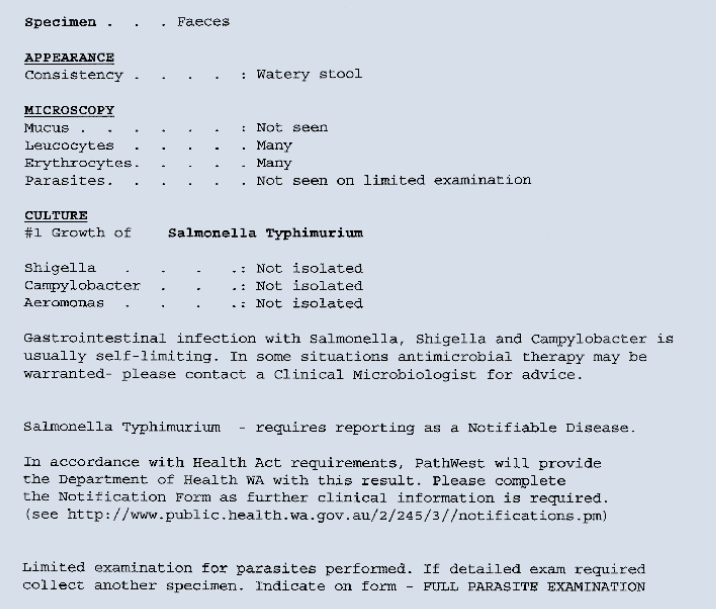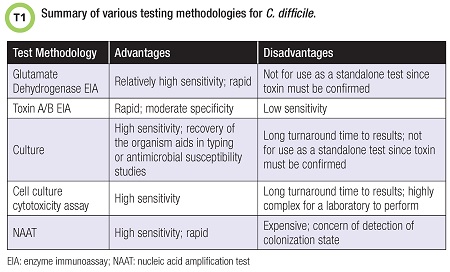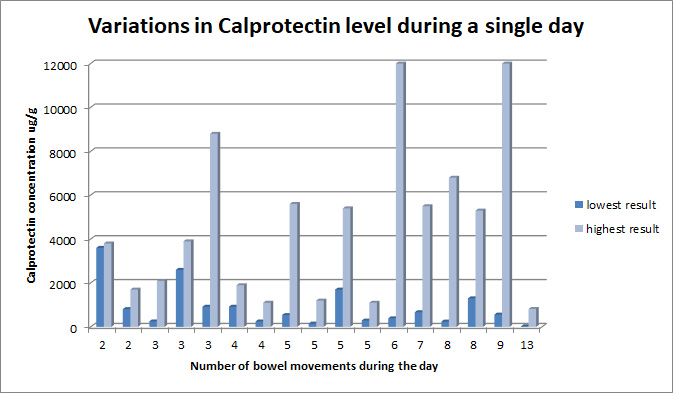Positive Stool Sample Test Results

When the doctor does a rectal exam and smears a stool sample on a card to test for blood in the stool or gives you a paper to drop into the toilet to look for a color change this is known as testing for occult gastrointestinal bleeding.
Positive stool sample test results. Learn what you need to know before the test how it s performed and what the results mean. The stool culture test results can be either negative or positive. A fecal occult blood test is considered negative if no blood is detected in your stool samples. A negative fecal occult blood test means no blood was detected in the stool at the time of the test.
It is a simple chemical test of a stool sample that involves about five minutes of preparation time. If you have an average risk of colon cancer your doctor may recommend repeating the test yearly. An abnormal test result means that parasites eggs or both have been found in your stool sample. Parasitic infections in the united states are rare but can be caused by.
A bacterial infection can cause the occurrence of white blood cells in the stool. For the fit a positive result indicates abnormal bleeding in the lower digestive tract. A stool test report pus cells can also be a matter of concern. What does a positive fecal occult blood test mean.
Fecal occult blood testing fobt is testing that is performed on samples of stool in order to detect occult blood blood that is not visible to the naked eye in otherwise normal colored stool fecal occult blood usually is a result of slow often intermittent bleeding from inside the upper or lower gastrointestinal tract. For this test you take a sample from your stool with a brush and dab it. This test is also called a stool guaiac or hemoccult test. The fecal immunochemical test fit is the test of choice over the fecal occult blood test.
While this bleeding could be caused by colon cancer other possible causes include ulcers polyps or hemorrhoids. The unfavorable report is meant an absence of while positive statement implies the presence of bacteria in the stool. To figure out the source of your stomach problems your doctor may order a stool sample culture test.














































